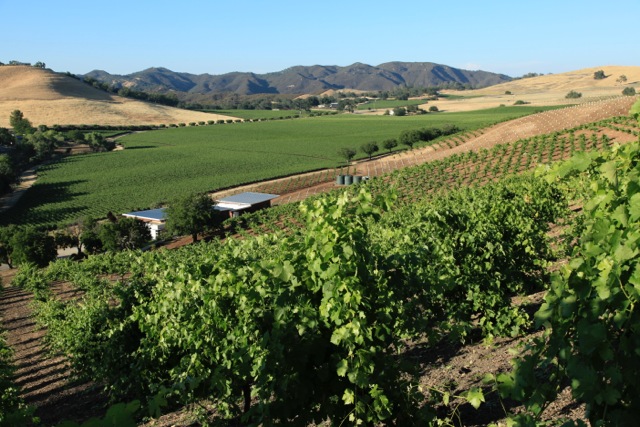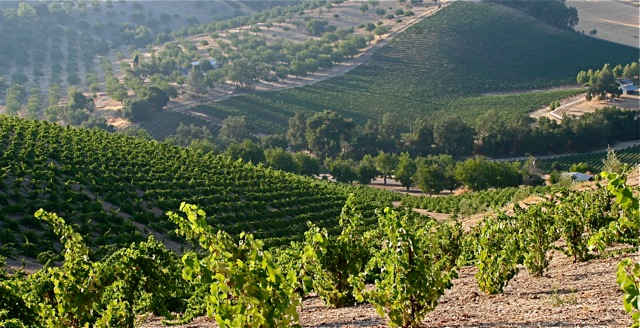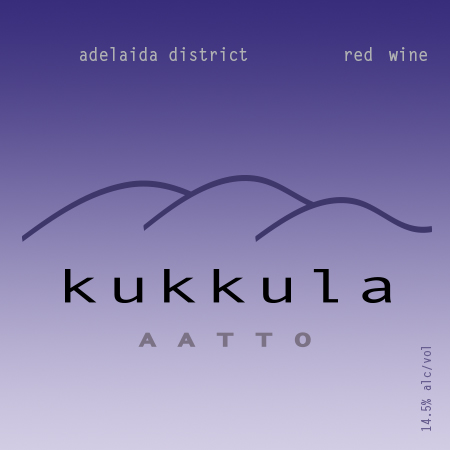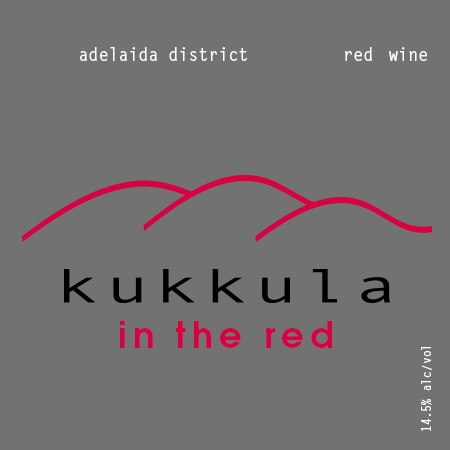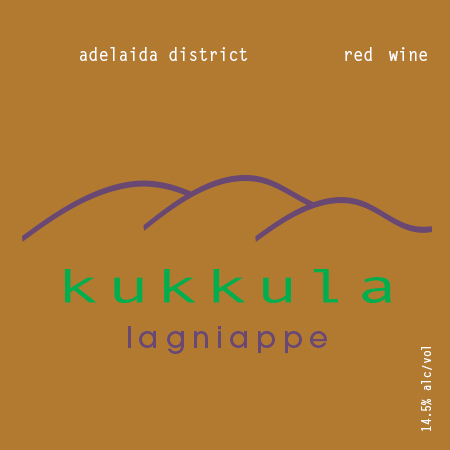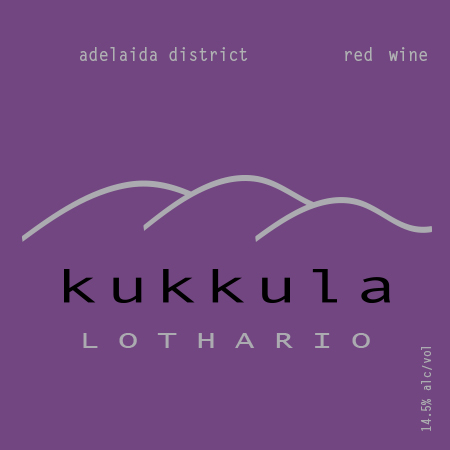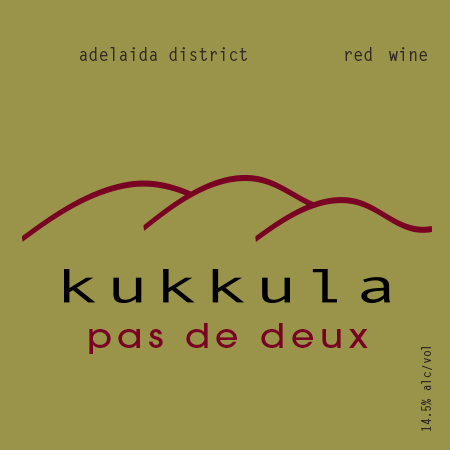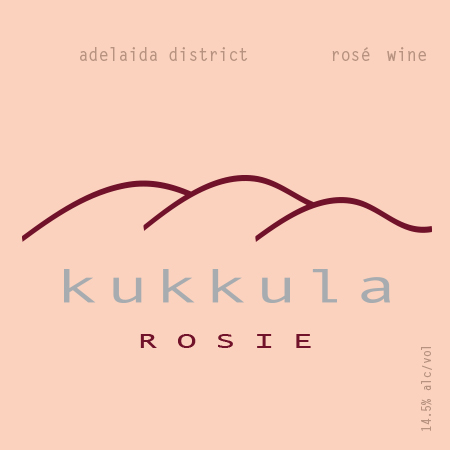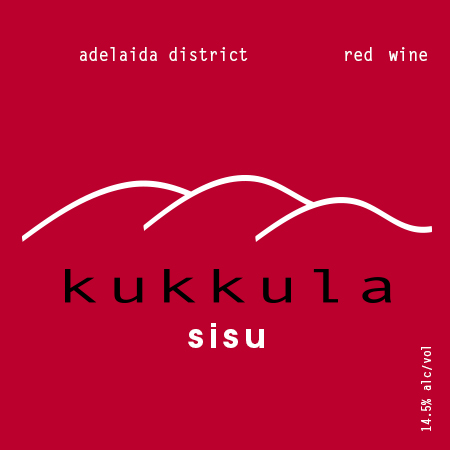"A stop at Beaucastel..."
In 1991, my wife, Paula, and I finished construction of our home in Topanga, CA. Topanga is sandwiched between Pacific Palisades and Malibu, and is a rugged coastal mountain community near the Pacific Ocean. Shortly after the completion of the house, we started venturing into winemaking in our unfinished basement. This was inspired by a conversation I had had with our architect about how cool it would be to used the basement area as a cellar and winemaking room. Paula always says I don’t understand the meaning of a small hobby, and this was probably the best example of that!
Anyway, we started making Pinot, initially, and then some Chardonnay from purchased grapes in the Russian River Valley and the Central Coast. Within a few years, that wasn’t enough, and I started thinking about planting some vines. The property felt a lot like places in the Rhone region of France, where we had travelled a number of times, so the wheels really started turning. Since we had 2 ½ acres of land, there was certainly some room to experiment. I was becoming especially enamored with Rhone wines, so that became the focus.
In October of 1995, Paula and I took a three week trip to the Rhone region with our 10 month old daughter. We rented a 15th century farm house in a small town called Il Sur la Sorgue, near Avignon. Our plan was to focus on food and wine adventures in the broader Rhone region.
One of the places we stopped was Beaucastel, in Chateau Neuf du Pape. It turned out to be a seminal visit. We barrel tasted with one of the patriarchs of the Perrin family, and ended up talking about our own winemaking, and interest in planting some vines. It turned out that they were in the early stages of a partnership with Bob Haas (their importer) and were developing a nursery and vineyard using their cuttings from Beaucastel. The nursery was in the Adelaida region of Paso Robles. He encouraged me to check it out when I returned to California. So, within a couple of weeks I drove up to Paso with a friend to visit what today is Tablas Creek.
The rest is history. I ended up buying about 500 plants of Syrah. Later I increased that to about 1500 plants (mostly Syrah with a little Grenache, and some Grosso Sangiovese from another source). Our first vines were planted in 1996, and the fruit was first harvested in 1999. We formed our first commercial winery with a whopping 65 cases of production. It became a hit, and we were interviewed by local TV news channels, and newspapers. It didn’t take long for me to really get caught up in Walter Mitty fantasies.
In 2003, after years of agonizing about being trapped in L.A. and wanting to pursue the winery fantasy, Paula opened the door to check out the opportunities in other areas. Within a week we came up to Paso Robles and on that first trip, we saw the property that we ultimately decided to buy. It’s 80 acres, and at the time was farmed almost exclusively to walnuts (other than a one acre sliver of cabernet). The property is in Adelaida, and is some of the steepest property in Paso Robles. Oh, and we’re now neighbors with Tablas Creek!
Kukkula was born! Today, we still farm about 32 acres of walnuts, but have planted eight acres of mostly French varietal olives, and about 49 acres of grapes. We built our home and winery facility on the property. We grow ten varietals, of which only two are non-Rhones (cabernet and zinfandel). The others are Syrah, Grenache, Mourvedre, Petite Sirah, Counoise, Viognier, Grenache Blanc, and Roussanne. All of our grapes are dry-farmed and organic, and we focus exclusively on blends with a Rhone-centric approach from our estate fruit. The vines are on two properties that we farm, with 29 acres currently on the property where we have our home, and another 20 acres on a very similar property, also in Adelaida . Like kukkula, it is steep hillside property originally planted with walnuts.
We'd love to see your Kukkula wine experiences in the VAULT29 app! Use hashtags #Kukkula and/or #KukkulaWines!





